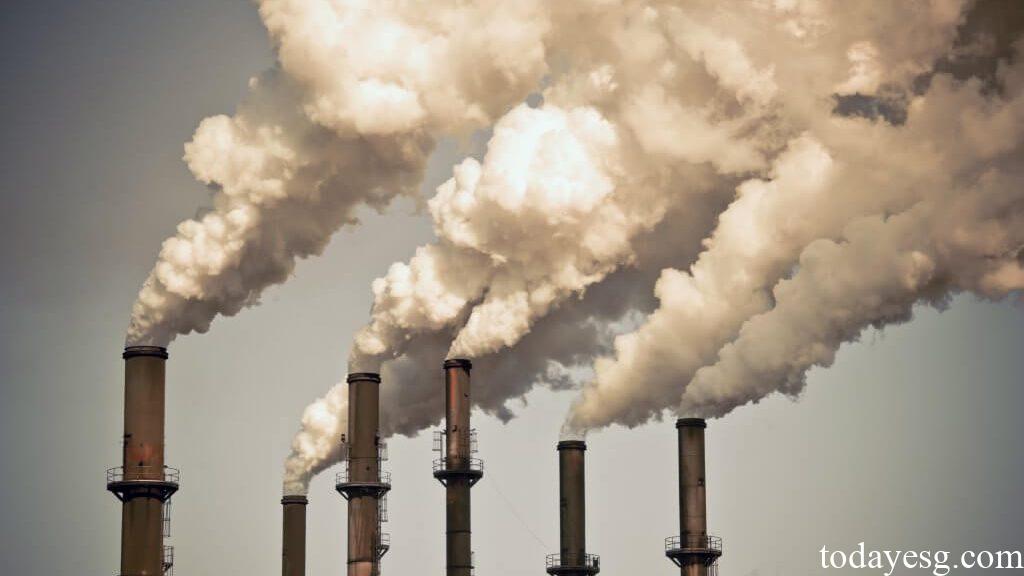Climate Change Trade-Off Report
Allianz releases a climate change trade-off report, which aims to analyze the impact of current climate change on sustainable development and the application of insurance business under current climate scenarios.
Allianz believes that the world has missed the stage of smooth transition, and the consumption, saving and investment patterns of the society need to change. Allianz has proposed some policies and measures that can be considered.
Related Post: PwC Global CEO Survey Highlights Climate Change
Climate Change and Insurable Market
Allianz found that the insurance gap in the global market has reached US$2.8 trillion in 2020, and this number will continue to grow considering the impact of climate change. The widening insurance gap will have an impact on individuals and businesses. Extreme weather, heatwaves, droughts, and floods are already having an impact, with 75% of respondents to a survey showing they are anxious about these impacts.
As climate change progresses, global natural disaster insurance costs have exceeded US$100 billion for four consecutive years, and climate risks have also begun to expand to secondary disasters. On the one hand, the increase in insurance costs will lead to an increase in premiums; on the other hand, it will also cause insurance companies to shrink their business scope, causing the insurance gap to continue to expand. Allianz believes that the insurability of the market requires rapid action by stakeholders, particularly over the next decade to revolutionize climate action.

Consumer Actions on Climate Change Trade-Off
Allianz believes consumers can take the following actions in climate trade-offs:
- Increase consumption of climate-friendly products: In the current economic context, consumers need to make a trade-off between the price and sustainability of products, and the green premium of climate-friendly products puts consumers under financial pressure. An Allianz survey found that the proportion of consumers willing to pay a 10% premium for these products has increased from 11.5% in 2022 to 35.6%. If most consumers increase their consumption of climate-friendly products, we can actively combat climate change in the future.
- Change high-emission lifestyles: Most emissions reductions will depend on changes in consumer lifestyles, which will occur in areas such as energy use, food consumption and transportation. Reducing high-emission lifestyle behaviors can reduce greenhouse gas emissions and encourage high-emission industries to net zero transition.
- Respond to changes in premiums caused by climate change: The impact of climate change will be reflected in rising premiums. Consumers will bear the pressure brought by rising premiums and can choose actions such as relocating their residence and improving the climate characteristics of insurable items. Premiums will create incentives for consumers and reduce their exposure to risk.
- Encourage long-term investment and long-term savings: Sustainable development requires the investment of large amounts of funds in the long term, and consumers’ long-term savings will provide these funds and drive a shift in risk appetite toward the long term.
Enterprise Actions on Climate Change Trade-Off
Allianz believes enterprises can take the following actions in climate trade-offs:
- Increase sustainable borrowing: Enterprises face technological and environmental uncertainties in future development, and changes in carbon and energy prices may lead to large changes in profits and losses for sustainable projects invested by enterprises. Companies can choose sustainable lending methods such as Contracts of Difference to reduce the climate risks they face.
- Increase green investment: Although the long-term nature of green investment leads to a decline in short-term performance of enterprises, if these investments are profitable, they can attract more enterprises to participate in investment. Enterprises need to regard green investment as a long-term development strategy to improve performance and participate in green plans provided by government departments to obtain subsidies.
- Insure employees against climate impacts: Corporate employees are increasingly exposed to climate impacts, such as extreme temperatures. These effects not only reduce work efficiency but may also be life-threatening. Companies can reduce their employees’ exposure to extreme weather events and ensure their safety by purchasing insurance.
- Strengthen supply chain management: An enterprise’s supply chain partners may be affected by climate change, causing supply chain disruptions, posing risks to the enterprise’s operations. Sustainable supply chains will avoid high-climate risk areas and reduce the physical, climate and physical risks faced by companies.
- Develop circular economy: Circular economy means that the resources invested by enterprises can be fully utilized, which can help enterprises reduce operating costs and establish a good corporate image.
Reference:
Climate Change Trade-Offs: What Does it Take to Keep Our World Insurable?








